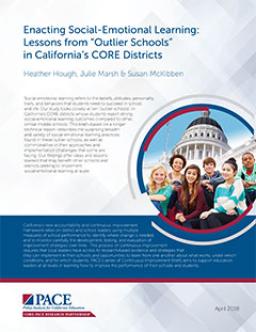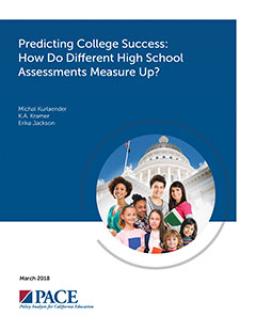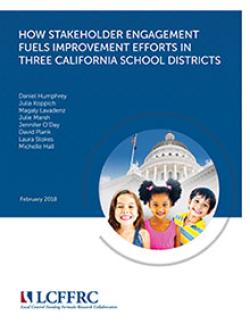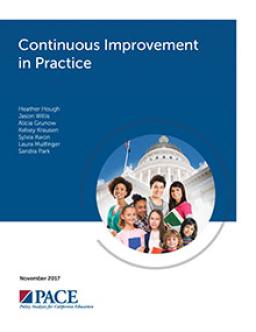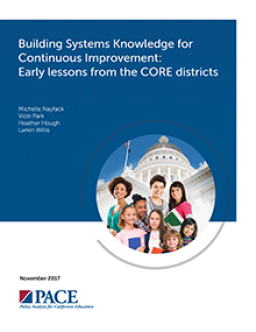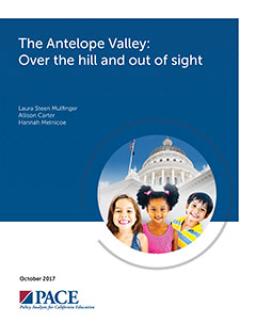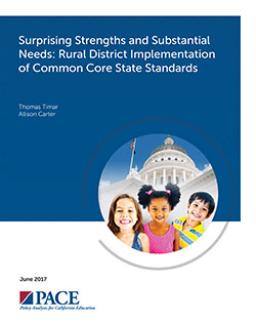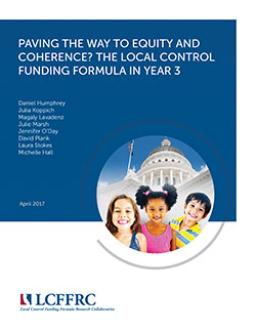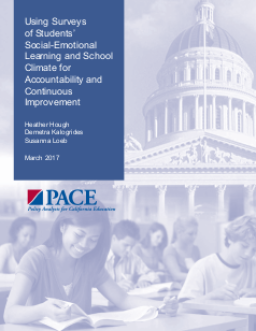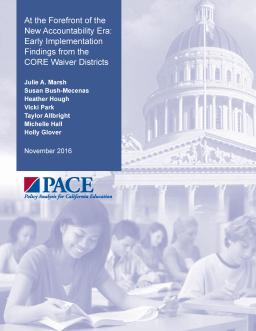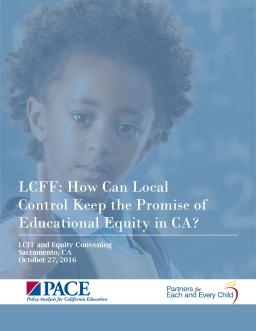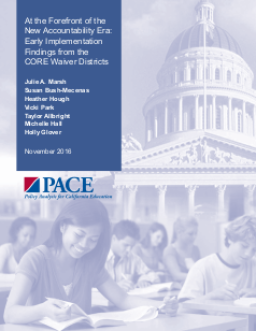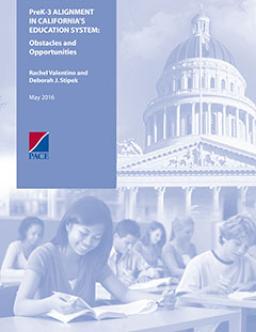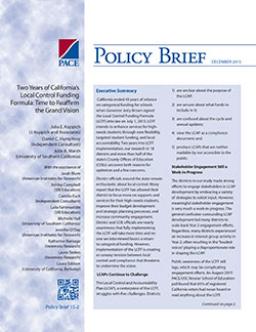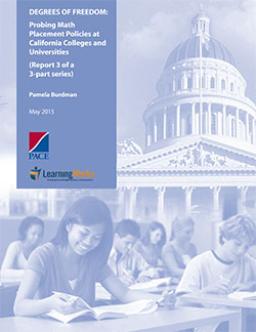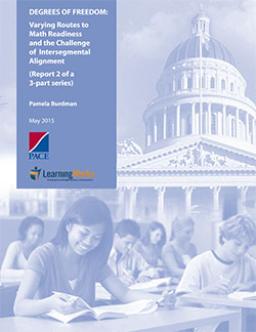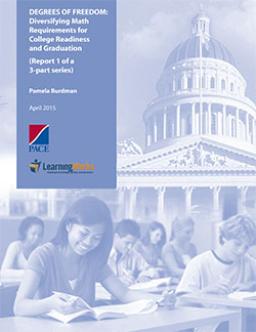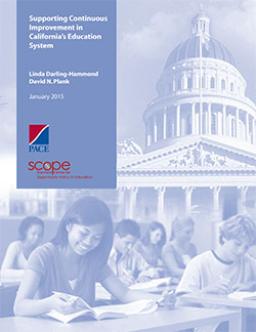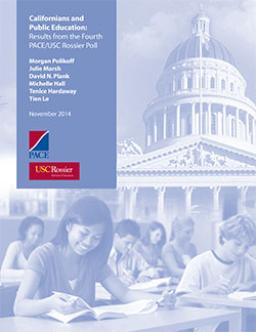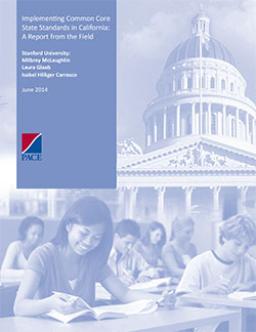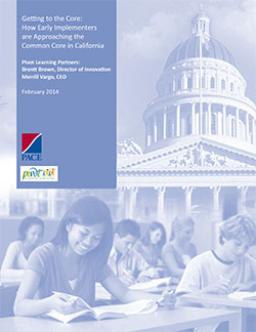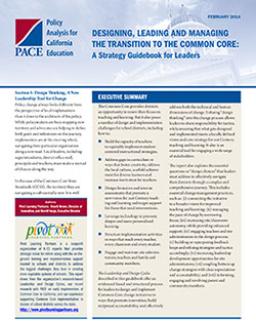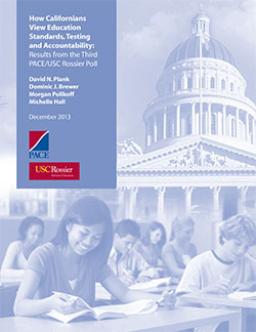Summary
Summary
Summary
Summary
Summary
Summary
Many parts of California, particularly rural and desert areas, are often overlooked by policymakers and researchers, despite the growing number of students attending school there. The Antelope Valley region has seen steady increases in student enrollment, particularly of Hispanic/Latino(a) and African American students, English learners, and foster youth. This report highlights the needs of the Antelope Valley Union High School District and its feeder districts, and calls for greater focus on supporting high-needs populations outside of urban centers.
Summary
Summary
Summary
The use of social-emotional learning (SEL) and school culture/climate (CC) measures is a promising way to understand school performance. SEL and CC measures are reliable, distinguish between schools, and relate to academic and non-academic measures. They can identify areas for improvement within schools, such as subgroup gaps. Incorporating these measures into higher stakes accountability systems requires further research.
Summary
California is implementing four new policy initiatives for education, including the Common Core State Standards and a new accountability system. PACE provides research-based information to help drive continuous improvement in schools. Alternative schools are available for vulnerable students, but the current accountability system does not adequately address their needs. The California Department of Education is considering the development of a new accountability system for alternative schools that aligns with Local Control Accountability Plans.
Summary
Summary
Summary
Summary
California and the US are undergoing a cultural shift in school accountability policies towards locally-determined measures of school performance. Lessons can be learned from the CORE districts, which developed an innovative accountability system, emphasizing support over sanctions, and utilizing multiple measures of school quality. The CORE districts' measurement system and collaboration hold promise for improving local systems, but efforts to build capacity remain a work in progress.
Summary
Summary
The Local Control Funding Formula (LCFF) replaced categorical funding for schools in California in 2013, providing flexibility, targeted student funding, and local accountability. Two years in, research shows optimism and concern. The Local Control and Accountability Plan (LCAP) faces challenges, stakeholders need more engagement, and implementation requires capacity and overcoming the emerging teacher shortage. Public awareness of LCFF lags at 65%.
Summary
Summary
Summary
Summary
California's new accountability system aims to provide meaningful learning for students, allocate resources to schools and districts based on student needs, and offer professional development for educators. The system holds schools and districts accountable through Local Control Accountability Plans (LCAPs), professional accountability, and performance accountability across eight priority areas. This system is a departure from the state's previous policy of setting performance targets based on standardized test scores.
Summary
CA is undergoing significant changes in its education system. The Local Control Funding Formula (LCFF) has decentralized authority and responsibility, with the Local Control Accountability Plan (LCAP) focusing on local strategies for improvement. Common Core State Standards (CCSS) and Smarter Balanced Assessment Consortium (SBAC) aim for improved instruction and deeper learning, but require significant changes. A PACE/USC Rossier poll surveyed California voters on their knowledge and opinions on these changes, including the Vergara case, teacher employment policies, and charter schools.
